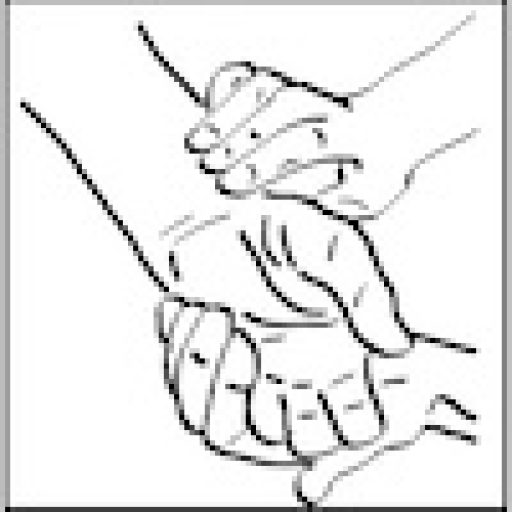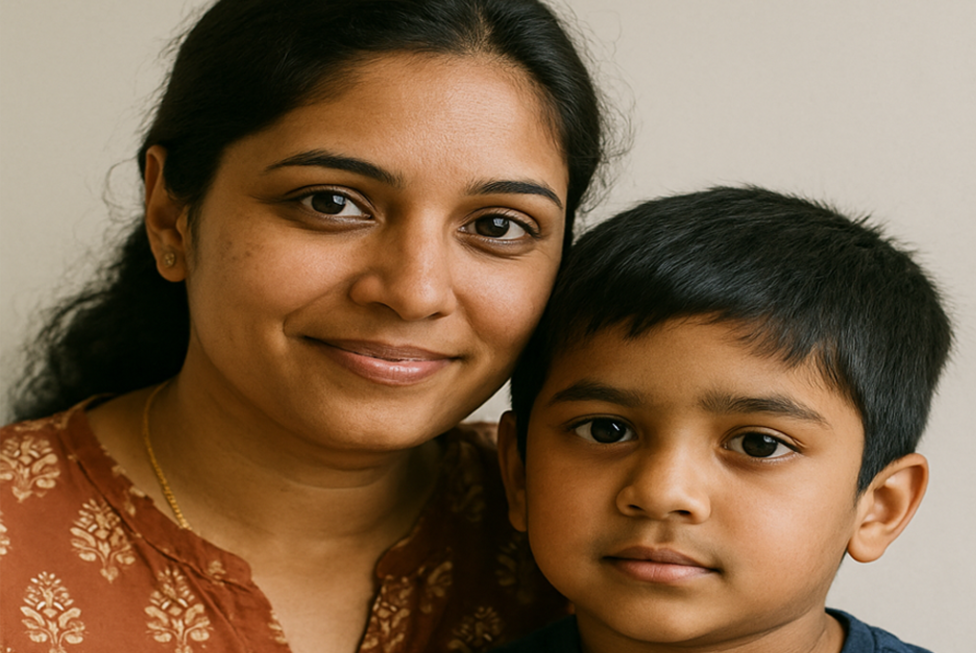This article explores a case involving a 7-year-old boy who presented with chest congestion, highlighting the interconnectedness of bodily systems as viewed through the lens of Nadi Pariksha, an Ayurvedic investigative method. It also touches upon the importance of timely diagnosis and treatment.
The Consultation
A mother sought consultation for her 7-year-old son, presenting with concerns about his chest congestion. The doctor, utilising Nadi Pariksha (pulse examination), identified a problem in the child’s large intestine. This might seem unrelated to the mother’s primary concern, but in Ayurvedic medicine, the body is viewed holistically. The doctor explained that the chest congestion could be a manifestation of the underlying issues in the large intestine. A diet and medication regimen were prescribed. At Nadichikitsa, we usually do not prescribe diets to children. The mother confided that her child used to consume chocolates, packaged foods, and packaged snacks.
Unexpected Turn of Events
The following day, the mother contacted the doctor with alarming news: her child was admitted to the hospital. The reason was severe vomiting, both during the day and night. Upon examination at the hospital, it was discovered that the child’s appendix was inflamed and required immediate surgery.
Connecting the Dots
While the immediate cause for hospitalisation was appendicitis, the mother acknowledged the doctor’s accurate initial diagnosis of a problem in the large intestine. Appendicitis, though seemingly acute, can sometimes be linked to underlying issues of abusing the digestive system with packaged food combinations, chocolates, snacks, and simply overeating.
Ayurvedic Perspective and Modern Medicine
This case highlights an interesting intersection of Ayurvedic and modern medical perspectives. Nadi Pariksha identified an imbalance in the large intestine, while an ultrasound found appendicitis. While appendicitis required immediate surgical intervention, the Ayurvedic diagnosis sheds light on potential underlying factors that may have contributed to the child’s overall condition, which, if diagnosed earlier, could have prevented the occurrence of appendicitis.
The Importance of Holistic Care
This case underscores the importance of considering the body as an interconnected system. While modern medicine is the preferred choice for addressing acute symptoms like appendicitis, traditional systems like Ayurveda offer a holistic view that can provide valuable insights into the underlying cause and the prevention of such conditions. Further guidance was sought from the doctor to address the child’s long-term and overall well-being.
It’s essential to consult your doctor regarding medical information.



